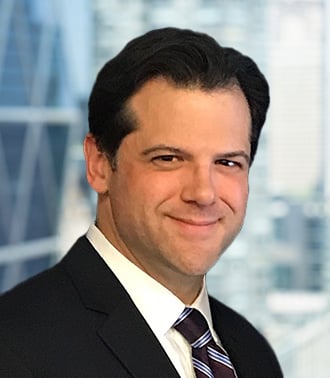Cortes Talks DOJ’s New VSD Program
White Collar Defense & Investigations partner Lee Cortes was recently quoted in the Anti-Corruption Report article, “DOJ’s New VSD Program Offers NPAs to Individuals Who Can Help Catch Bigger Fish.” The article discusses the U.S. Department of Justice’s (DOJ) Criminal Division’s new “Pilot Program,” which aims to encourage wrongdoers involved in corporate crime to turn themselves and their co-conspirators in through voluntary self-disclosure (VSD). Individuals who report the misconduct to the DOJ, cooperate fully, and meet the government’s specific criteria will be eligible to receive a non-prosecution agreement (NPA).
Cortes told Anti-Corruption Report that an NPA is a “substantial incentive” for a potential wrongdoer to cooperate with the government because they could avoid pleading guilty. Cortes, who previously served as Executive Assistant U.S. Attorney for the District of New Jersey, noted the program’s groundbreaking nature, explaining that “these new policies are the first time DOJ has memorialized its willingness to forego a guilty plea and give an individual wrongdoer an NPA in exchange for cooperation and provided that certain conditions are met.” When discussing the Pilot Program’s impact on companies, Cortes noted that by “offering individual wrongdoers a pass on criminal charges, DOJ is signaling that it continues to have a very strong interest in holding the corporations themselves accountable.”
Cortes also explained the risks for would be cooperators, including having to present the DOJ with “original information,” defined as “non-public information not previously known to the Criminal Division or to any component of the [DOJ].” He noted that this presents risk for these individuals because “the potential cooperator has no way to know for sure that the misconduct is unknown to the entire DOJ.” Additionally, Cortes explained how “cooperation with the government can be quite involved,” including many meetings with the government, trial testimony, and even being asked to wear a wire.

